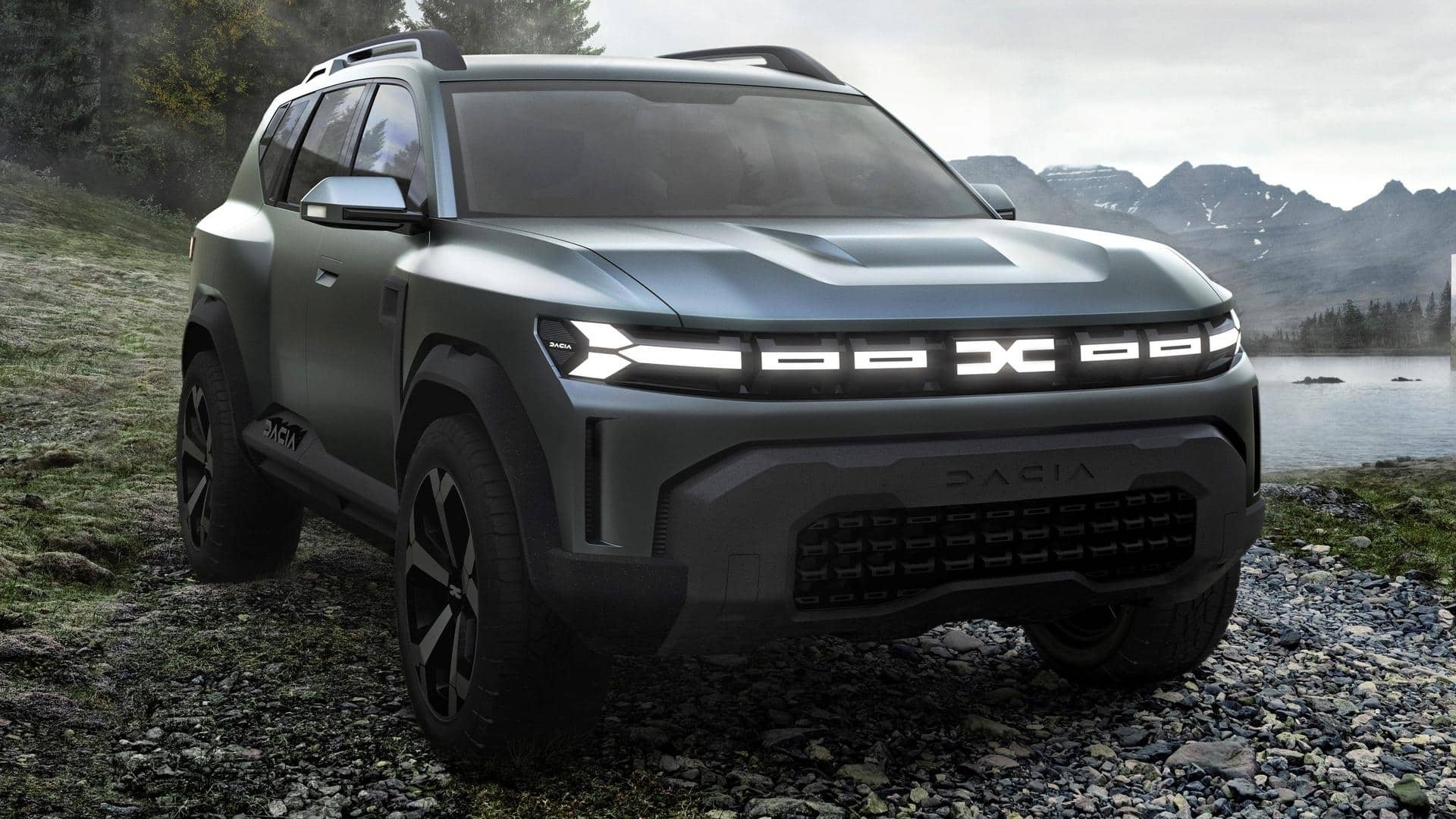
Renault and Nissan working on new models for India
What's the story
French carmaker Renault and Japanese auto giant Nissan are working on three models for the Indian market. The list includes a third-generation Renault Duster, a Nissan MPV based on the Renault Triber, and an entry-level electric vehicle (possibly the Renault KWID EV). To make this product plan a success, the two companies are investing around Rs. 4,000 crore.
Context
Why does this story matter?
India is the world's third-largest car market, and Renault and Nissan have a combined market share of around 3% (figures for 2022). Now, the duo has decided to opt for electrification along with the introduction of new models as well as the cross-badging of vehicles to boost their sales. A hefty investment will help them bridge the gap with their rivals.
Features
What will the new Duster be like?
The upcoming Duster will sit on a localized CMF-B modular platform and is expected to be the production version of the Dacia Bigster concept. The car will have a boxy appearance, a 5/7-seater cabin, and should be offered with hybrid and EV powertrains. It should arrive here by 2025 and will rival the Hyundai CRETA, Maruti Suzuki Grand Vitara, Kia Seltos, and Volkswagen Taigun.
Specifications
Nissan will get a Duster-inspired SUV
The CMF-B modular platform will also spawn a Nissan SUV that could be heavily inspired by the Duster. We believe that it will be a rebadged version of the vehicle from the French brand. Apart from this, the Japanese firm is also working on an all-new MPV that shall be based on the Renault Triber's CMF-A+ platform.
EVs
EVs are also on the way
Renault has been trying to bring the KWID EV based on the CMF-A platform, to life for quite a long time now. Now, it might see the light of day. Meanwhile, in the Latin American market, Renault and Nissan are planning to introduce entry-level EVs based on the CMF-AEV platform. Electrification is the future and the duo wants to jump on the bandwagon.
Information
A look at the Renault-Nissan agreement
Renault and Nissan have been engaged in a partnership for 24 years, and have recently amended the terms of the deal. Now, both companies have a 15% cross-shareholding. Nissan has also made a significant investment in Renault's EV division in Europe.